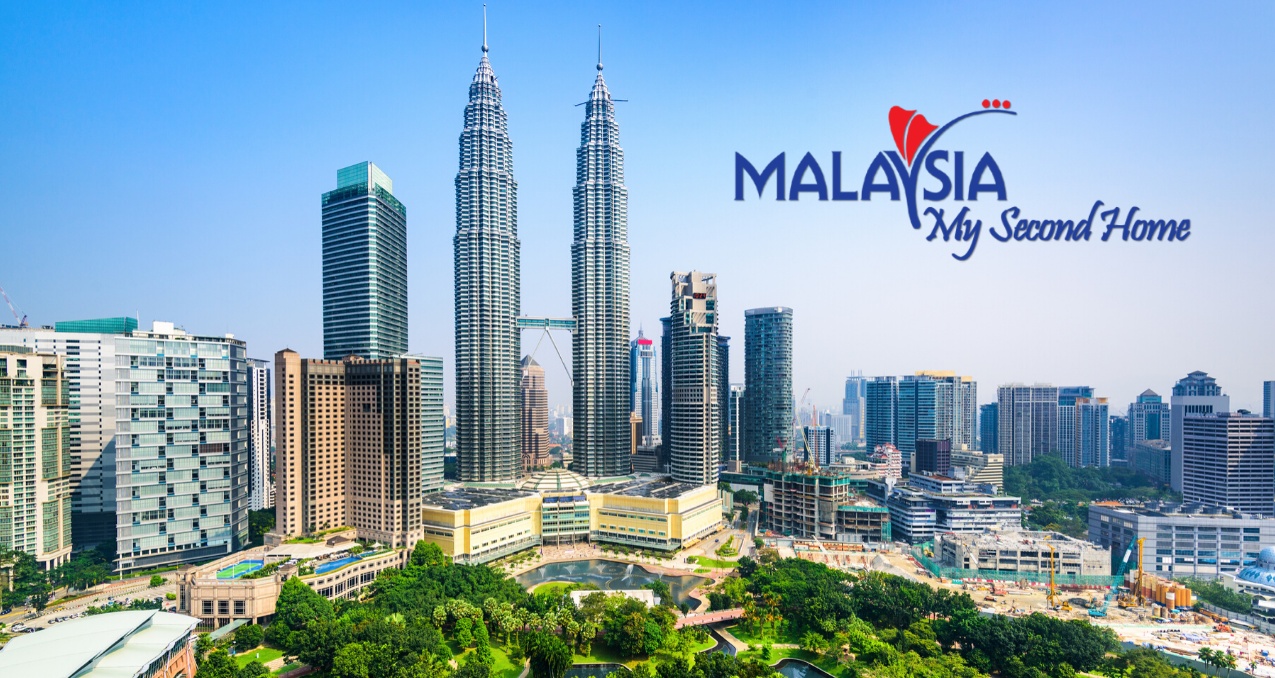A series of recent shocks have frustrated MM2H visa holders, damaged the programme’s reputation, and even called the future of the programme into question. How many more blows can the MM2H programme absorb?
Updated July 9.
The Malaysia My Second Home (MM2H) programme – which can (and does) contribute billions of ringgit in foreign exchange, making a meaningful contribution to Malaysia’s economic growth – has been hit hard this year. It is not yet clear how much permanent damage has been done, but it is unfortunate that at a time when Malaysia, like other countries around the world, is trying to restart its economy, it is hurting a valuable contributor. Holders of the MM2H visa, as well as pending applicants, have been faced with a number of recent shocks, and some are saying that the future outlook for the MM2H programme, based on recent actions, certainly isn’t encouraging.
The first shock came as a direct result of the coronavirus crisis. The unfortunate MM2Hers who were overseas when the Movement Control Order was rapidly implemented on March 18 were locked out of Malaysia with the message received (intentionally or not) that they were not valued residents. Unlike Permanent Residents, who were permitted to return to Malaysia after the borders were closed, the few hundred MM2Hers who were outside were not permitted to return, brushed aside as if they were casual tourists. It was over two months before they were eventually allowed back in at all, and even then it was an arduous process which changed multiple times, causing considerable confusion and frustration.
This was surprising to the ones who had taken up the government’s offer to make Malaysia their home. In many cases, Malaysia is now their only home and the majority, based on our research, had decided to spend the rest of their lives here. They thought they were valued residents, so being locked out of their homes was a shock, and in some cases an expensive one, as they had to stay in hotels overseas for many weeks. Even when the government finally permitted them to return the complex procedures to enter were changed several times, leaving many MM2Hers confused and frustrated. A number wrote to us saying they would pack up and leave, since they took this as a message the government does not value them despite the large amounts of money (and, less tangibly, an abundance of positive goodwill) many of them have brought into the country.
The second shock was the recent announcement that only 10% of the latest batch of over 1,000 applications was approved. Most of these are submitted by agents who make sure the applicants meet the requirements before submitting, so overall approval rates are usually quite high. This was taken as yet another signal the government is trying to reduce the number of MM2H visa holders and sees little value in the programme.
The third shock was the government announcing they wanted to review the terms and condition of the programme and would not accept any or applications until they had completed their review. Rumours began circulating that they wanted to make it harder to join the programme. While a periodic review makes perfect sense, the decision to stop further applications was surprising and hit the government-approved agents who market the MM2H programme hard. Some are expected to have to close down because of the negative hit on their business after suffering a lot from the Covid-19 shutdown. It was not only agents for the programme who were alarmed. The property sector, which would love to see more foreign buyers help them tackle the huge number of unsold properties in the country, stands to lose out as these affluent potential buyers are no longer allowed to enter Malaysia.
If the review eventually results in making it harder to apply or requires an even bigger fixed deposit for MM2Hers, then, for a number of reasons, those changes will probably kill off the programme. It is not clear why anyone would want to reduce the number of approved applicants, given the country’s desire to restart the economy. As MM2H is largely a retirement programme, these people are certainly not taking any jobs from Malaysians. However, they bring in lots of valuable foreign exchange, something which should be especially welcome while international tourism arrivals are virtually non-existent.
The programme has never attracted a huge number of foreign residents. Many of the nearly 50,000 approved applicants over the last 16 years never moved to Malaysia, so their contribution to the economy was limited. Of course, the MM2H programme brings the most benefit to Malaysia when those who hold the visa choose to reside here.
No explanations have been offered why Malaysia would wish to further reduce the stream of new residents, but it does seem the programme is not a popular one with some members of the current government. What that means for existing MM2Hers, many of whom are coming up for renewal, is unclear.
Unfortunately, our attempts to get answers have not been successful, as the government apparently does not feel any kind of clarification or explanation is necessary; maybe feeling that their actions speak for themselves. Our email enquiries also remain unanswered.
For those of us at TEG Media who have long supported and advocated for what we feel is an excellent programme – one that genuinely benefits Malaysia, too – we feel it would be unfortunate if they are indeed trying to close down or reduce the number of participants. The MM2H programme has proven to be an outstanding government initiative, both good for the economy and therefore all Malaysians, and also for the foreigners who have been able to enjoy and appreciate life in this beautiful country.
"ExpatGo welcomes and encourages comments, input, and divergent opinions. However, we kindly request that you use suitable language in your comments, and refrain from any sort of personal attack, hate speech, or disparaging rhetoric. Comments not in line with this are subject to removal from the site. "



















